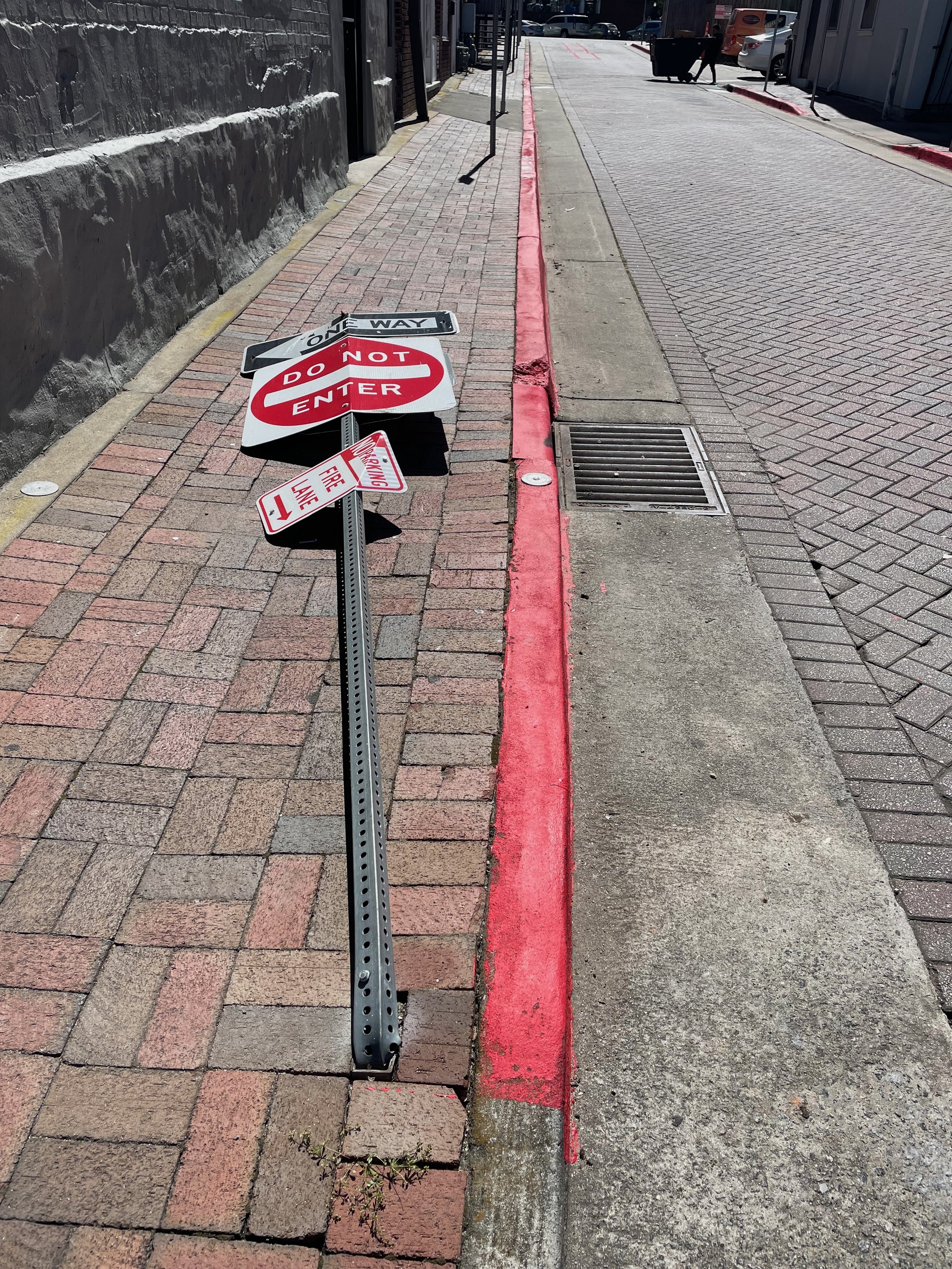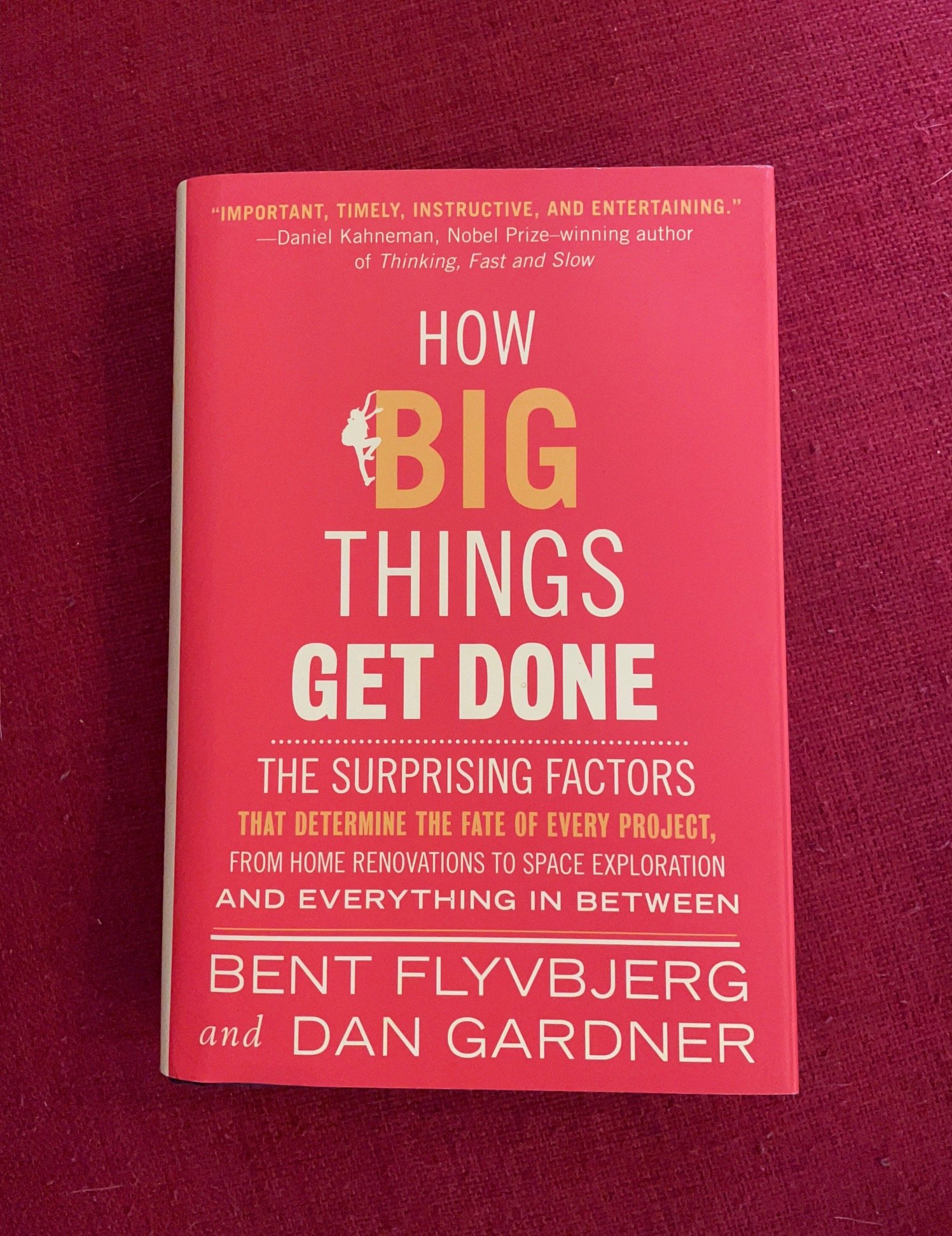
Book Review: Origins of Efficiency, Brian Potter
Book review: Origins of Efficiency by Brian Potter. You should buy this book if you are interested in technology history, manufacturing, design, economics - this is the first book I’ve read that provides a general and sweeping analysis of the development of the built world we live in. HIGHLY RECOMMENDED.

My new venture: XZ.care for eczema relief
Do you have eczema? Sensitive skin?
XZ care has SKIN RELIEF for you. www.XZ.care for a free trial before the end of August (2025) only 100 remain!

You have more than five customers
We see a lot of early product development plans for medical devices, and regularly advise people that they need to make sure they understand all five of their customers in every product sale. Here I update that list to make it current.
The patient is the ultimate customer, of course, especially for OTC, that’s why you do all the research and verification and validation. …

Resiliency vs Efficiency

For Labor Day, a few links to share
Labor day, when bankers and lawyers stay home and nurses and stockers and truck drivers just keep on laboring away. The hypocrisy of modern American “capitalism” is disgusting. So instead of ranting, I’m going to just share a few links to promote a few thoughts.
How to write a good P.B.J. procedure (funny)
I’m often late to any social media party, but still, I stumbled on this absolute gem illustrating how hard it is to write an actually useful Standard Operating Procedure.

Why is the FDA so weird? History!
This little essay is the short form of part of an educational class I run for EU and Asia company boards to help them understand why the Food and Drug Administration is a bit weird and seems arbitrary from the outside. I promise you'll learn a few things, and even get some insight into why our Class II device rules work the way they do (blame our Congress, and tradition).
Also, I tend to snark and digression, so you have been warned.
History is a detail loaded and often quite silly in retrospect, and it can still mess you up in the present if you aren't aware of the weird twists and turns. My goal in this post is to boil down some USA history of regulation so you can feel the differences sensibly.
Let's rock!

Bridges, and Boats, and Balloons! Oh my!
Bridges, Boats, and Balloons - a typology of projects.
Big picture time. Projects exists because of the intent to create a solution to a problem, or to create an opportunity (new market access or new customers). All projects are very much same in the doing, but the planning depends on a clear description of the situation and the objectives. This is where most leadership falls flat. Without good descriptions and intent, planning is an exercise in software and hand-waving and trade-off analysis and too many meetings without enough investigation of the intent and the means.
Projects fall into one of three broad categories, and each requires different thinking and research before planning. Trying to use software development 'fail fast and often' methods is not a good idea for the builders of skyscrapers, but that is a problem of method, and here I am looking at the larger problem of unclear thinking.
Better metaphors can help with better thinking, so let's consider that a project should be understood to be a Bridge, or a Boat, or a Balloon while it is being conceived and communicated. Let me explain, briefly.

Neurodivergence, Executive Leadership, and AI
A recent post on Linkedin had me thinking about my thirty-plus year career as a consultant and executive leader while living as someone on the "Autism Spectrum." That's in quotes because my diagnosis over the years has gone from childhood "does not play well with other children" to mid-life "Aspergers" and then the powers that be in psychiatry decided to mush that into "High Functioning Autism." Meh. I'm old enough to remember when homosexuality was reclassified, but I digress.
But, that post had me thinking back on various career challenges, and career triumphs, and the way that (like many other leaders) keeping the ship stable through the COVID supply chain and sales channel collapses was challenging and exhausting. Being wired the way that I am, I wanted a larger perspective than my own individual and singular life could ever provide. Because honestly, the last few years have been tough.
So I decided to apply my ongoing tests with AI (large language models) to finding some solid research on the topic of executive leadership by folks who are neurodivergent. Here's what ChatGPT 4o responded with after the prompt: "reliable source articles about neurodivergence and executive leadership."

Book Review (TL;DR - just buy it)
For over twenty five years of managing complex projects I've preached "Think before you plan, plan before you do, then do with the team you have."
This practical philosophy has not been a way to make a lot of money as a consultant. It's very unfashionable. The business mantra, at least here in the USSA, is "Move fast and break things." Which is a hell of a way to make a long-term drug release implant, or an emergency medicine intervention, or move a 100 million a month manufacturing facility from Europe to Mexico without leaving patients without their meds. But I digress.
What I am trying to explain from personal experience is that practical wisdom isn't always profitable for independents or for employees. What is profitable is the BigName consulting firms and their wonderfully successful money harvesting, which burns huge amounts of coin and lives while enriching senior partners and shareholders (see NYC subway extensions, Boston's Big Dig, and the USSA Opioid epidemic, for example).
GSD (Getting Shit Done) is remarkably unglamorous and often tedious. The real world is fractally complicated. As one of my professors at Harvey Mudd once said, "The universe is a gigantic and ancient and complicated system whose main purpose is humiliating cocky engineers."

MoCRA is not a crisis for personal care companies
The Great MoCRA Panic of 2024 - please do not panic! This post is an attempt to dispel FUD and is not legal or compliance advice, and glosses over a lot of fine points. Given some of the overheated discussions we are seeing online, we want to share some advice (and some snark). And seriously, some of the big name consultancies are cleaning up by feeding MoCRA panic, it's shameful. We hope we can help.
The FDA rules for Cosmetics (and Personal Care Products) are really, no we actually mean it this time, kicking in at the end of June this year (2024). Call it MoCRA, take two aspirin with a big glass of water, and let us dive in. The aspirin should kick in when it is needed (in about a page if you are doing the homework assignments as you go).

Air Traffic Control and Regulatory Affairs
The power of a metaphor is that it guides thinking about problems. A recent string of meetings with some client companies' regs groups got me thinking about metaphors in regulatory compliance. In these meetings there was too much "you can't" and not enough "here's how you can", and when there was how-to, it assumed the most complicated instead of the most direct.
I think that most regulatory people have a guiding metaphor of being building inspectors in an company's planning, responsible for enforcement, listing what has to be done, and dictating the requirements before they will allow something to proceed to the next step.
I would like to propose that being responsible for saying "Stop!" is not beneficial to the success of either the group or the individual. A better metaphor would be air traffic control. Regulatory is responsible for making sure that we can get to our destination by the most expeditious route without disaster.

Expedient Project Management
So there are amazing stats about how almost every project, from your kitchen remodel to building a big bridge to solving a toxic waste cleanup are ALL and ALWAYS over schedule and over budget. If you are the Project Manager (PM) this is not your fault. Here’s a Practical Engineering explanation from the civil engineering side, see also “lies politicians tell”, and then one of my book reviews here. So you have the sad karmic fate of being a PM? You really need to understand that most of your job is balancing reality against promises made by people much higher on the food chain of your organization (or, how MBAs killed Boeing, but that’s another post).
So be Expedient! GSD and stay sane, save your team, and do something useful - it is possible.

The Dreaded Design Control
The Dreaded Design Control

New Product Development Questions
OMG - Executives need to Set Direction

The Key Role of Executive Leadership in Product Development
An Executive Needs to Lead Product Development
